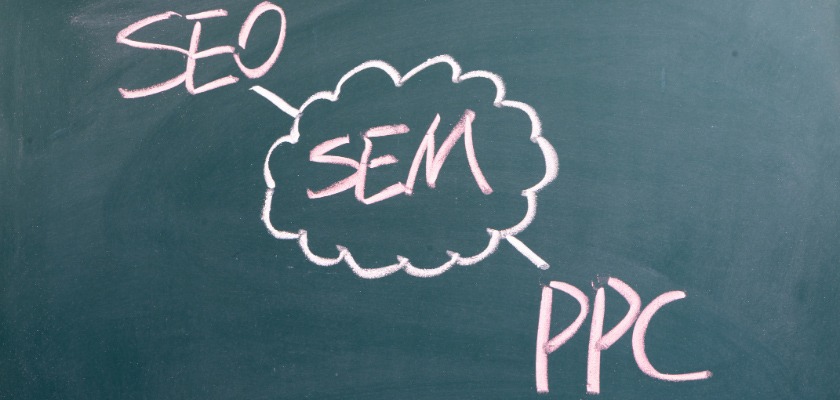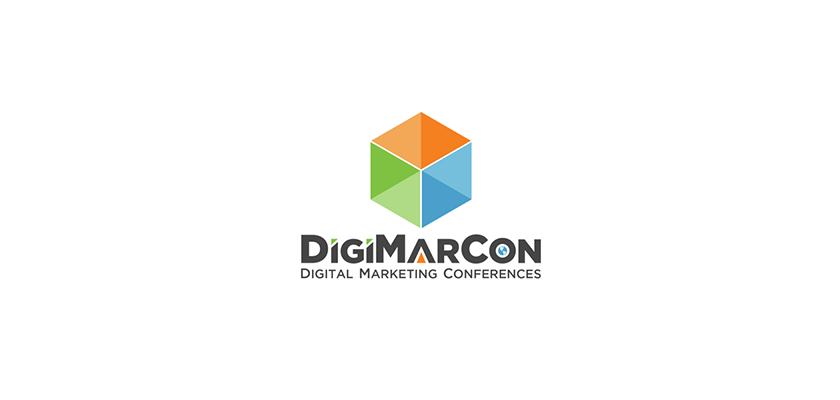
SEO vs. SEM vs. PPC – What is the Difference and What is Best for My Business?
SEO vs. SEM vs. PPC – how do I know the right balance for my business? This question is more complicated than it appears, but the Bold x Collective team is here to help you thoroughly understand the three categories, their abilities and how to optimize them.
Let’s start by discussing the differences between SEO vs. SEM vs. PPC.
What is SEO?
Search engine optimization is the implementation of different techniques to optimize your website, in order to achieve a higher ranking in search engines’ organic results.
Professional companies like Bold x Collective design a strategic marketing campaign, that will utilize a variety of keywords to enhance your relevance online. The benefit of focusing on these keywords is that you will have control over how you drive traffic to your website. This can help increase the relevancy of your links and keep them high on the search engines.
What’s great about SEO is that you don’t pay for instant results, but rather, you pay for time and energy to build your brand through content. This an organic approach, and the benefits of SEO do take longer to see, however, it is definitely worth the time and effort. When developing an SEO campaign and optimizing your content to reach your target audience efficiently, we always recommend using a professional agency like Bold x Collective to ensure the job is done correctly.
What is SEM?
Search engine marketing (SEM) is a paid strategy of search marketing. The costs involved are in the form of paid advertising and campaigns. Brands bid for popular keywords and based on their ranking and how much they pay, their website will appear as an ad on a search engine results page. These results are not visible to everyone; however, they are shown to your target audience, which is the most important part.
SEM is a key component of a marketing strategy, as the majority of prospects will find a company on a Google search. This is a huge opportunity for your business, as there are potential buyers researching your products or services online, hoping to find what they need.
Some platforms will include the word “Ad” next to their search results, which could sometimes prevent your prospect from clicking, which is why sometimes, people do prefer SEO, as it is organic. However, you will see SEM bring immediate results, as long as you are paying for advertising.
What is PPC?
Pay-per-click marketing is similar to SEM, as they are both paid advertising. When deciding between the two, it is sometimes difficult to determine if SEO or PPC is a better option for your business. With PPC, advertisers pay a fee every time their ad is clicked. This is a way of purchasing visits to your website, rather than getting them there organically, like SEO.
Businesses bid for the chance to show an ad next to search results, and these ads come in a variety of formats like text ads, video ads or image ads. These are shown on platforms like search engines like Google and social networks like Facebook.
Google ads are a form of PPC marketing, and they allow ads to be showcased outside of the search engine, using the “Google Display Network.” On this, you can select certain websites within their network, like Amazon, where you can advertise to even more potential customers.
The benefit of PPC is that you are buying ad space so you can ensure that your target audience will see you on search engines.
Let’s Talk about the Pros and Cons
All three of these options have advantages along with disadvantages. Let’s look more into these.

SEO – Search Engine Optimization
- You don’t have to pay for ads
- Results take longer
- This is organic = most trust
- Relies on algorithms and link building
- Challenging to measure its process
SEM – Search Engine Marketing
- It can get pricy; pay more for ads = more traffic
- Results are instant
- Sometimes, these can decrease your credibility, as sometimes people tend to click organic search results
- These ads will not be affected by algorithms
- You can track all your results
PPC – Pay per Click
- You pay for results, as businesses will bid on the position
- Traffic is inconsistent
- Same as SEM, these can decrease your credibility, as some people tend to click organic search results
- With Google’s network, you can showcase your ad on multiple different sites
- You can track all your results using tools like Google Analytics
Should I Use them Together or Separately?
Firstly, we always recommend using SEO no matter what, because it will help you rank organically on search engines, and this is very beneficial in the long run.
We never recommend using SEM without SEO. Why? Because with SEM, when brands are paying for keywords, their prospects will click on their ad, and go to their website. Now, if the website doesn’t have relevant information that they are looking for, that user is going to head right back to their Google search to find another website. This is an issue, because search engines will be monitoring this and will give the website a quality score, which can end up ranking your website lower, therefore requiring you to pay more for keywords.
Now, moving onto PPC and SEM – you can use both, however, you will need to have a high budget to use them both. What differentiates PPC from SEM is that it can be used on social networks or platforms, which is something that SEM does not have the capability of doing.
What you choose to do is ultimately your decision, however, we always highly recommend going with an agency who will be able to help you with these decisions. Our team at Bold x Collective can help you by completing a digital audit on your website, followed by understanding what can be improved. From there, we can help you create a strong digital strategy which will help deliver results. Contact Bold x Collective to get started.






















